Souvent confondus, regardons comment bien employer good et well en anglais.
Comment employer Good ?
Good est un adjectif qui signifie “bon”. On l’emploie pour décrire quelqu’un ou quelque chose. Il accompagne donc toujours un nom.
| Exemple en anglais | Phonétique | Traduction | Audio |
|---|---|---|---|
| They are good students. | ðeɪ ɑː gʊd ˈstjuːdənts | Ce sont de bons étudiants. | |
| I have a good job. | aɪ hæv ə gʊd ʤɒb | J’ai un bon emploi. | |
| Have a good day. | hæv ə gʊd deɪ | Passez une bonne journée. |


Télécharger la fiche-mémo en PDF.
Comment différencier Good et Well en anglais.
Comment employer Well ?
Well est un adverbe qui signifie “bien”. On l’emploie pour décrire un verbe. Il accompagne donc TOUJOURS un verbe.
| Exemple en anglais | Phonétique | Traduction | Audio |
|---|---|---|---|
| You speak English very well. | juː spiːk ˈɪŋglɪʃ ˈvɛri wɛl | Vous parlez très bien anglais. | |
| Are you working well at school? | ɑː juː ˈwɜːkɪŋ wɛl æt skuːl | Tu travailles bien à l’école? | |
| Well done! | wɛl dʌn | Bien ! / Bien joué ! |
Emploi avec les verbes de liaison (Linking verbs)
➤ On emploie GOOD avec les verbes qui renvoient à un sens ou une perception comme: look, smell, taste, seem, sound, feel
| Exemple en anglais | Phonétique | Traduction | Audio |
|---|---|---|---|
| Your new haircut looks very good. | jɔː njuː ˈheəkʌt lʊks ˈvɛri gʊd | Ta nouvelle coupe de cheveux est très réussie. | |
| The food smells good. | ðə fuːd smɛlz gʊd | La nourriture sent bon. | |
| A nice massage would feel good. | ə naɪs ˈmæsɑːʒ wʊd fiːl gʊd | Un bon massage ferait du bien. |
➤ On emploie également GOOD quand on fait référence à l’état psychologique:
| Exemple en anglais | Phonétique | Traduction | Audio |
|---|---|---|---|
| I don’t feel good about not telling her the truth. | aɪ dəʊnt fiːl gʊd əˈbaʊt nɒt ˈtɛlɪŋ hɜː ðə truːθ | Le fait de ne pas lui dire la vérité me gêne. | |
| She feels good about her decision. | ʃiː fiːlz gʊd əˈbaʊt hɜː dɪˈsɪʒən | Elle est heureuse de sa décision. |
➤ On emploie WELL quand on fait référence à la santé ou à l’état physique:
| Exemple en anglais | Phonétique | Traduction | Audio |
|---|---|---|---|
| I took a nap. I am feeling well now. | aɪ tʊk ə næp – aɪ æm ˈfiːlɪŋ wɛl naʊ | J’ai fait une sieste. Je me sens bien maintenant. | |
| You are pale. You don’t look well. | juː ɑː peɪl – juː dəʊnt lʊk wɛl | Tu es pâle. Tu n’as pas l’air bien. |


Télécharger la fiche-mémo en PDF.
Comment différencier Good et Well en anglais.
En résumé
- I’m good. / I feel good. = ça va bien, je suis de bonne humeur.
aɪm gʊd / aɪ fiːl gʊd
- I’m well. / I feel well. = je vais bien, je me sens en forme.
aɪm wɛl / aɪ fiːl wɛl
Exercice
Complète les phrases avec GOOD ou WELL
1/ The food in this restaurant is very ____.
2/ The students usually behave ____.
3/ I like my meat ____ cooked.
4/ Please, tell us some ____ news.
5/ The schedule is ____ organized.
| Numéro | Réponse | Traduction | Audio |
|---|---|---|---|
| 1. | The food in this restaurant is very GOOD. | La nourriture est très bonne dans ce restaurant. | |
| 2. | The students usually behave WELL. | Les étudiants se comportent généralement bien. | |
| 3. | I like my meat WELL cooked. | J’aime ma viande bien cuite. | |
| 4. | Please, tell us some GOOD news. | S’il te plaît, donne-nous de bonnes nouvelles. | |
| 5. | The schedule is WELL organized. | L’emploi du temps est bien organisé. |
Télécharger le cours en PDF


Télécharger la fiche-mémo en PDF.
Comment différencier Good et Well en anglais.
Nos autres cours de grammaire
- Comment choisir entre if et whether ?
- Comment choisir entre such et so ?
- Comment choisir entre other, others et another ?
- Comment choisir entre among, amongst et between ?
- Comment traduire aussi en anglais ?



All is well. It is good to progress in English. Cherry on the cake : the song “I’m feel good”. Good idea ! Thanks
Thanks for your feedback! 🙂
I’m glad you liked the article!
Merci Adrien pour votre aide ! Extraordinaire tout ce que vous mettez à notre disposition…
si nous ne progressons pas c’est soit par manque de courage soit parce que nous le voulons pas vraiment !!! un immense merci aussi pour votre disponibilité et votre gentillesse
Thanks a lot for your feedback Catherine! 🙂
very good
Thank you! 🙂
je suis d’accord avec Houria MERCI Adrien
🙂
it’s a very good course yet and I feel well.
there is a question: James Brown says : ” I know that…. ” I say :” I know what…”. which one is better . thank you and have a good evening.
Hi Marie-Claude,
It depends on the sentence:
I know that you’ve enjoyed the song.
I know what you like.
I know that = Je sais que…
I know what = Je sais ce que…
I hope this helps. 🙂
Je te suis depuis longtemps et seulement aujourd’hui j’ose te dire merci pour tout !
Many thanks for your feedback! 🙂
Keep up the great work!
Once again, Well done ! It was very good !
Thank you Adrien
Thank you Hyenne! 🙂
Hello Adrien, I like very well the song’s James Brown. I had read easy. Thank you for the lesson. See you soon
Thanks for your feedback Martine! 🙂
PS: Hello Adrien, I like very much the James Brown’s song. I read it easily. Thank you for the lesson. See you soon
C’est maintenant bien acquis,: Merci Adrien!
Excellent Odette! 🙂
Many thanks for this interesting lesson Adrien, about these vidéos, compréhension, prononciation. Have a good week. Merci de bien vouloir corriger mon commentaire
Thanks for your feedback Victor! 🙂
PS: Many thanks for this interesting lesson that comes with the pronunciation, and for your videos.